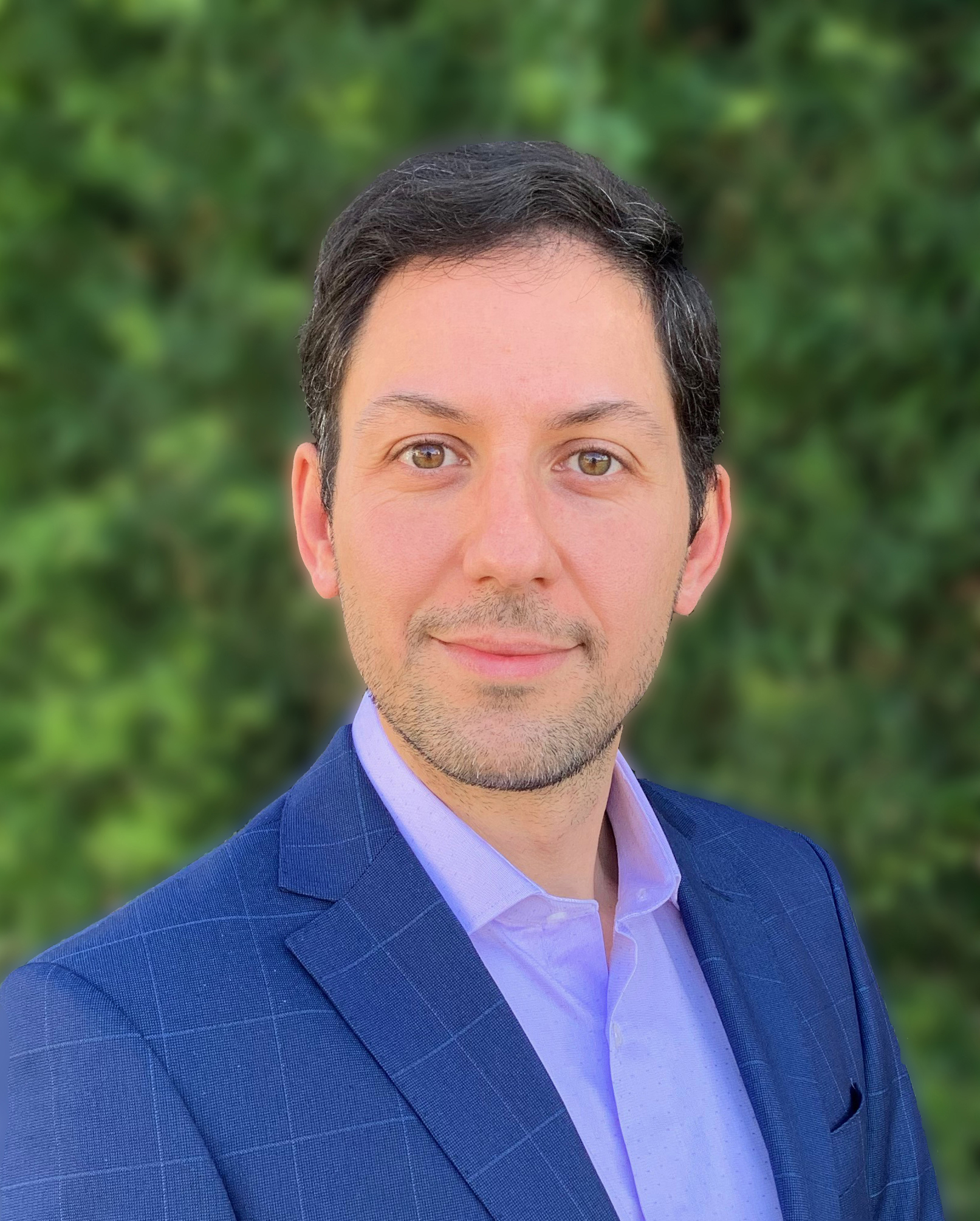
Professor Philip Shushkov earned his Ph.D. in Chemistry at Yale University in 2013, where he developed theoretical methods to understand and simulate the quantum motion of molecules, a key feature of chemical dynamics in energy conversion and catalysis. He was awarded the Richard Wolfgang prize for best doctoral thesis for his graduate research. Prof. Shushkov’s interests in the dynamics of complex molecular systems led him to Germany, where he was an Alexander von Humboldt Fellow at the University of Bonn. He returned to the US in 2017 for a postdoctoral fellowship at the California Institute of Technology supported by the DFG (German Research Foundation), where he developed methods for molecular quantum dynamics in the gas and condensed phases and at surfaces. His independent career began at Tufts University in 2020 prior to joining the Indiana University Department of Chemistry in 2022.
Research in Prof. Shushkov’s lab deploys theoretical approaches to advance the application of chemistry to quantum information science and energy conversion. Through method development and application, the Shushkov lab identifies and characterizes chemical systems that are capable to carry out quantum information processing. The lab focuses on solid-state qubits in insulators and semiconductors with broad applications in quantum sensing and quantum communication. In addition, the Shushkov lab develops molecular systems for the quantum technologies, harnessing chemical design to engineer quantum devices. Their method development centers on the extension of accurate quantum chemistry approaches to simulate the quantum dynamics of chemical systems at finite temperature and in the presence of interactions with the environment. The theoretical methods have applicability beyond quantum information science and can be used to study energy conversion and catalysis in the condensed phase and at interfaces.

